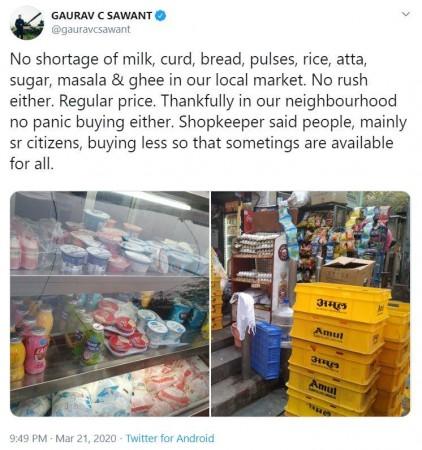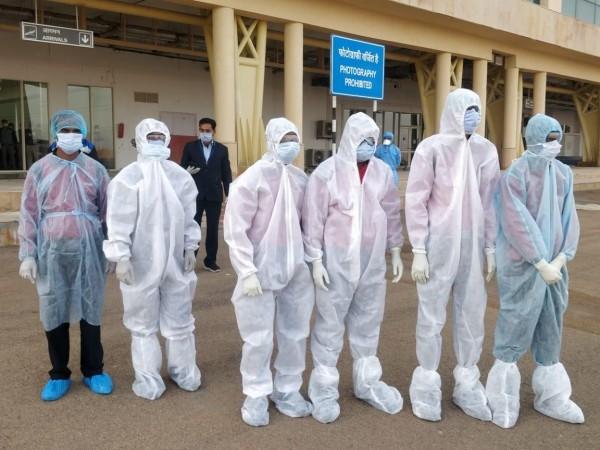As the world fights against the coronavirus pandemic, a senior economist United Nations' Food and Agriculture Organisation (FAO) has said that the lockdowns and panic food buying may result in world food inflation even as there is sufficient supply of staple grains and oilseeds in major exporting countries. Wealthiest nations across the globe have been providing unprecedented aid to the global economy amid the cases of deadly Covid-19 increases around Europe and the United States.
On Saturday, the death toll in Italy jumped by 793, the second day in a row of the biggest day-to-day increase in the country's four-week epidemic. Notably, the European nation has already surpassed China's death toll on Thursday. Till the time, this report was published more than 270,000 infections and over 11,000 deaths have already been registered.

Abdolreza Abbassian, chief economist at the United Nations' Food and Agriculture Organisation (FAO) said, "All you need is panic buying from big importers such as millers or governments to create a crisis." He further went on to add, "It is not a supply issue, but it is a behavioral change over food security. What if bulk buyers think they can't get wheat or rice shipments in May or June? That is what could lead to a global food supply crisis."
Gurugram buyer bought groceries worth Rs 31k
The consumers across the globe are panic buying across the supermarkets including India. One of the buyers in Gurugram Haryana bought groceries worth Rs 31,000. Many on social media advocated against hoarding which may result in supply shortage and triggering inflation. Moreover, the global benchmark Chicago wheat futures soared more than 6% this week that is the biggest weekly gain in nine months.

The West Asian countries that are the net importer of food grains are also the net exporter of petroleum products. With the crude oil prices tanking to the lowest levels in recent times, countries like Saudi and Qatar are expected to face heat. Further, the restriction placed by the countries on the movement of humans and goods has also started to affect the supply chain.








